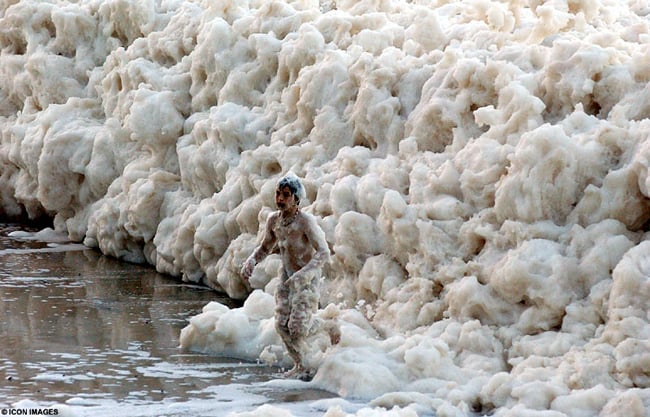I've been hanging around some European forums lately, and half of them don't even use skimmers or scrubbers.... I don't think that it was the development of protein skimmers that allowed us to keep corals, but a better understanding of water flow dynamics, nutrient export, aquatic chemistry, and lighting requirements.
To me a screen full of algae is pretty! Algae screens can potentially be sold for profit. Should the more lazy of the techniques be the better choice?
So, to sum it all up,... This is my conclusion, others may draw a different perspective.
Scrubbers and skimmers do the same job. They both are nutrient control and export devices. Both come in handy when dealing with nutrient problems in a system. They both have their benefits, and they both have their problems. Protein skimmers are easy to clean, easy to set up, easy to manage and can be easily store bought and use less energy depending on the situation. Protein skimmers remove protein from the water column, including good and bad substances, they (arguably) add oxygen to the water column and can be very helpful in exporting nutrients in well stocked aquariums, they also take up less space depending on the situation. Protein skimmers remove food from the water column before it has a chance to be fed to corals and other filter feeders, and before food has a chance to break down into nitrate and phosphate. Algae scrubbers are a natural means of controlling nitrate and phosphate, they add oxygen to the water by natural means of photosynthesis, they stabilize pH, grow copious amounts of seven day old copepods, remove toxins, remove heavy metals, only remove "bad" substances/chemicals from the aquarium (not coral food) and can be built cost effectively. Algae scrubbers, if not properly maintained, can cause yellowing of the water and if the pump is shut down for more than six hours and being out of water, the screen may die and have to be restarted. It is arguable that it is a bit more of a hassle to take the screen off and put it in the sink and clean algae off of it, and you have to do it without fail. They use a bit more electricity than a protein skimmer because it takes a pump and at minimum two lights in order to run.
The point is, they both have their benefits, and their problems. It depends on what you, the aquarist, wants to deal with, clean, and maintain. They accomplish the same goal: controlling and exporting waste. One is a natural filter, and one is a mechanical filter. In my humble opinion, I would rather clean algae off of a screen once a week than fish waste and decomposing zooplankton out of a cup once a week. I feel like algae scrubbers have more pros then cons. I do not see why, if you have a heavily stocked, heavily fed system, why you can not run both a skimmer periodically and a scrubber.


